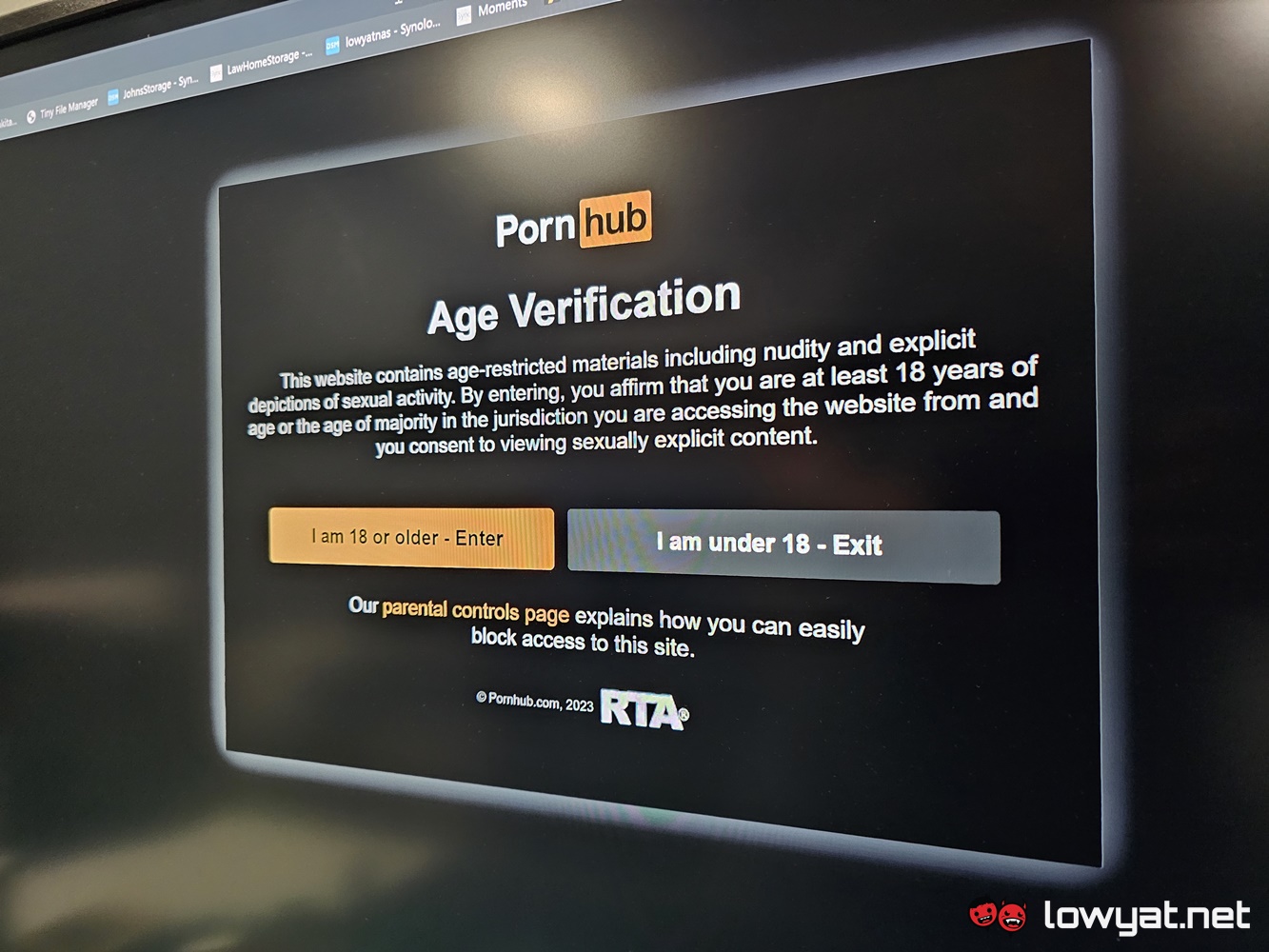The UK recently submitted a draft of age-restriction guidelines aimed towards the viewing of pornographic content. While it has yet to be finalised, they will essentially require individuals who wish to watch pornography online to provide a facial scan or a photo ID of sorts before they can, as the parlance goes, do the dirty.
According to statistics published by Ofcom, the average age of a child in the UK who views pornography for the first time is 13, while the ones that come across the medium occur at an earlier age of 11, with one in 10 can be as young as nine.
The one who drafted the guidelines think that this move will help the UK closer towards enforcing its recently passed Online Safety Act, which requires platforms that provide access to pornography in the country to ensure children are unable to access their platform, whether it is intentional or by accident. For the record, this isn’t the first time that Ofcom, the country’s Office of Communications, has attempted to pass such guidelines: it attempted to implement something similar back in 2019 but that was scrapped almost immediately after it was announced, mainly over privacy scares.
Ofcom wants that adult sites should introduce a stricter form of age verification and that the “direct verification” of either age estimation, facial scanning, or a combination of both, would act as a deterrent for curious children who are enamoured by performers and content of the carnal arts.

Unsurprisingly the drafted guidelines have drummed up that very same privacy issue with the various groups of one-handed typing masters in the UK. One UK-based organisation, Open Rights Group told The Verge that “It is very concerning that Ofcom is solely relying upon data protections laws and the Information Commissioner’s Office (ICO) to ensure that privacy will be protected.”
“The potential consequences of data being leaked are catastrophic and could include blackmail, fraud, relationship damage, and the outing of people’s sexual preferences in very vulnerable circumstances”.
Of course, the most glaring loophole and obvious choice for frequent customers of Mrs Palmer and her five daughters, should the UK let these guidelines go through, is the use of a VPN to spoof the location of users outside the country.
(Source: Engadget)
Follow us on Instagram, Facebook, Twitter or Telegram for more updates and breaking news.




